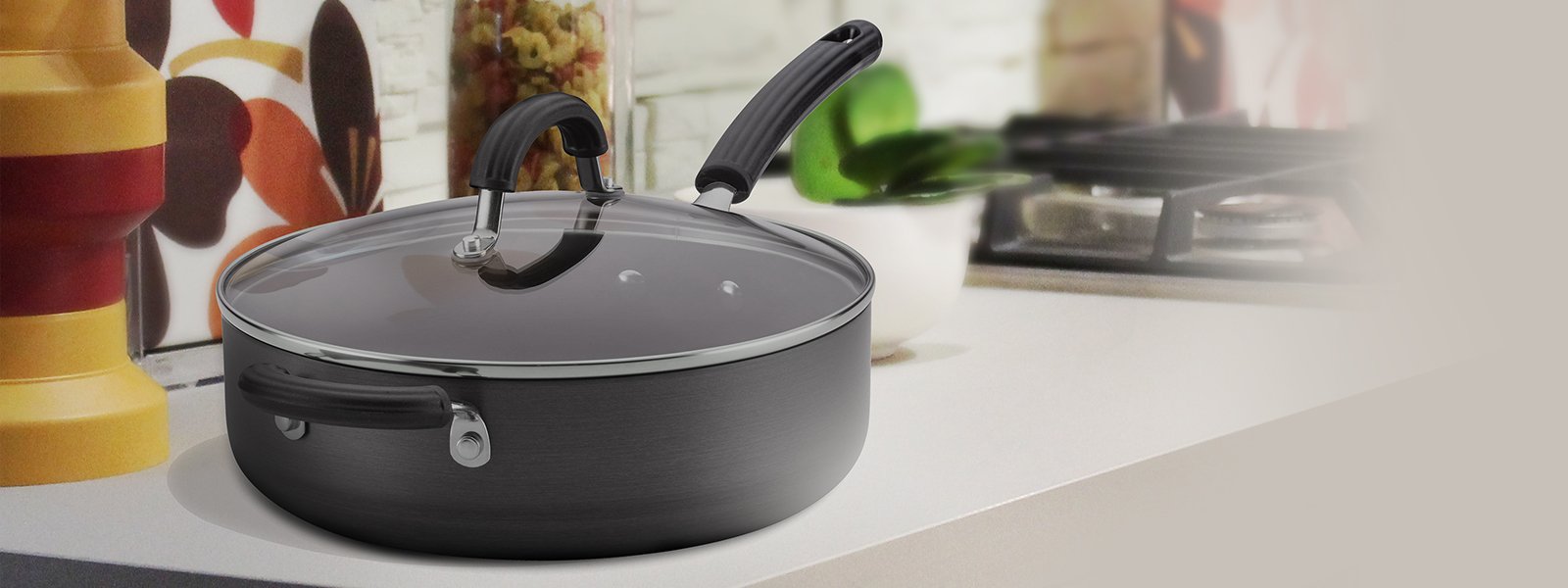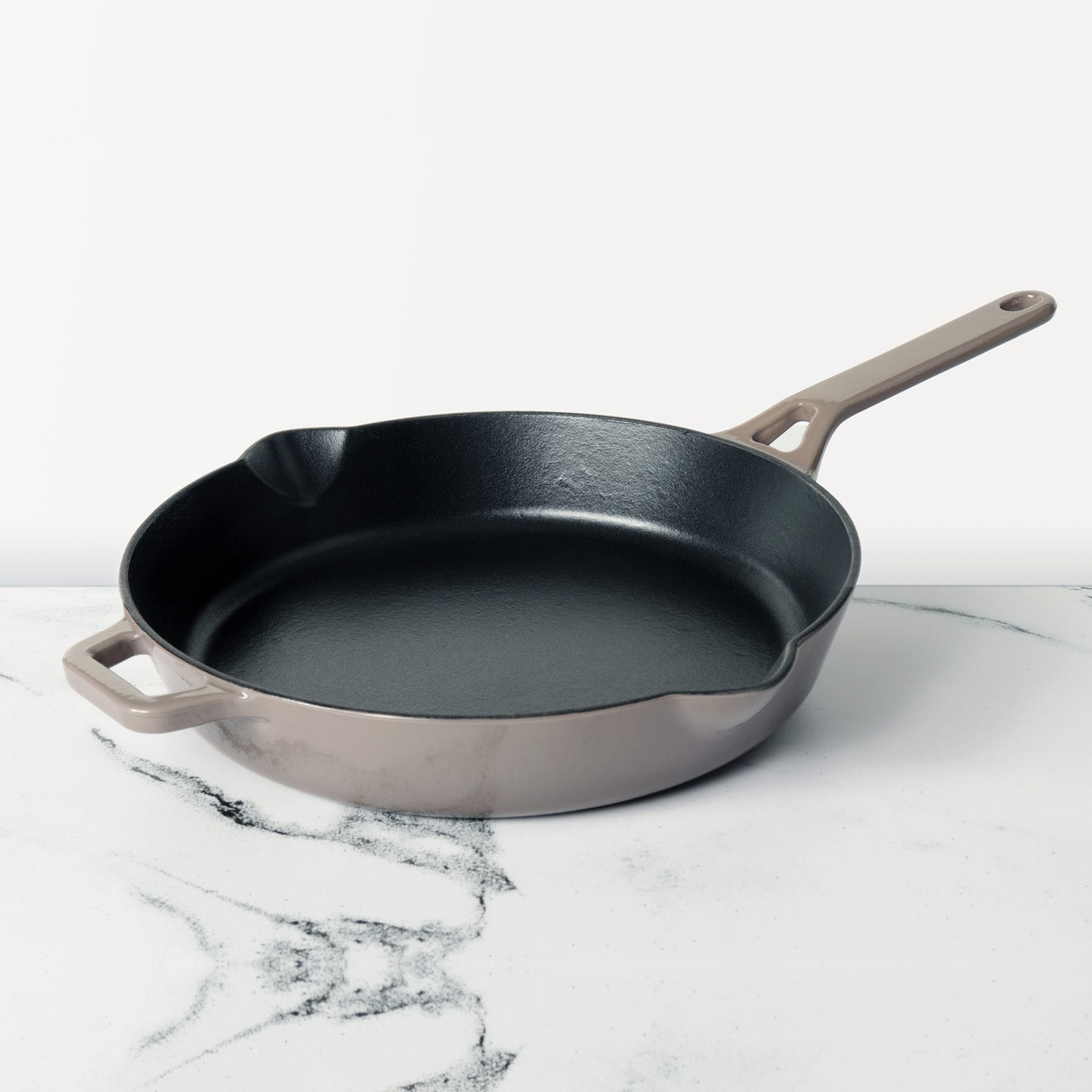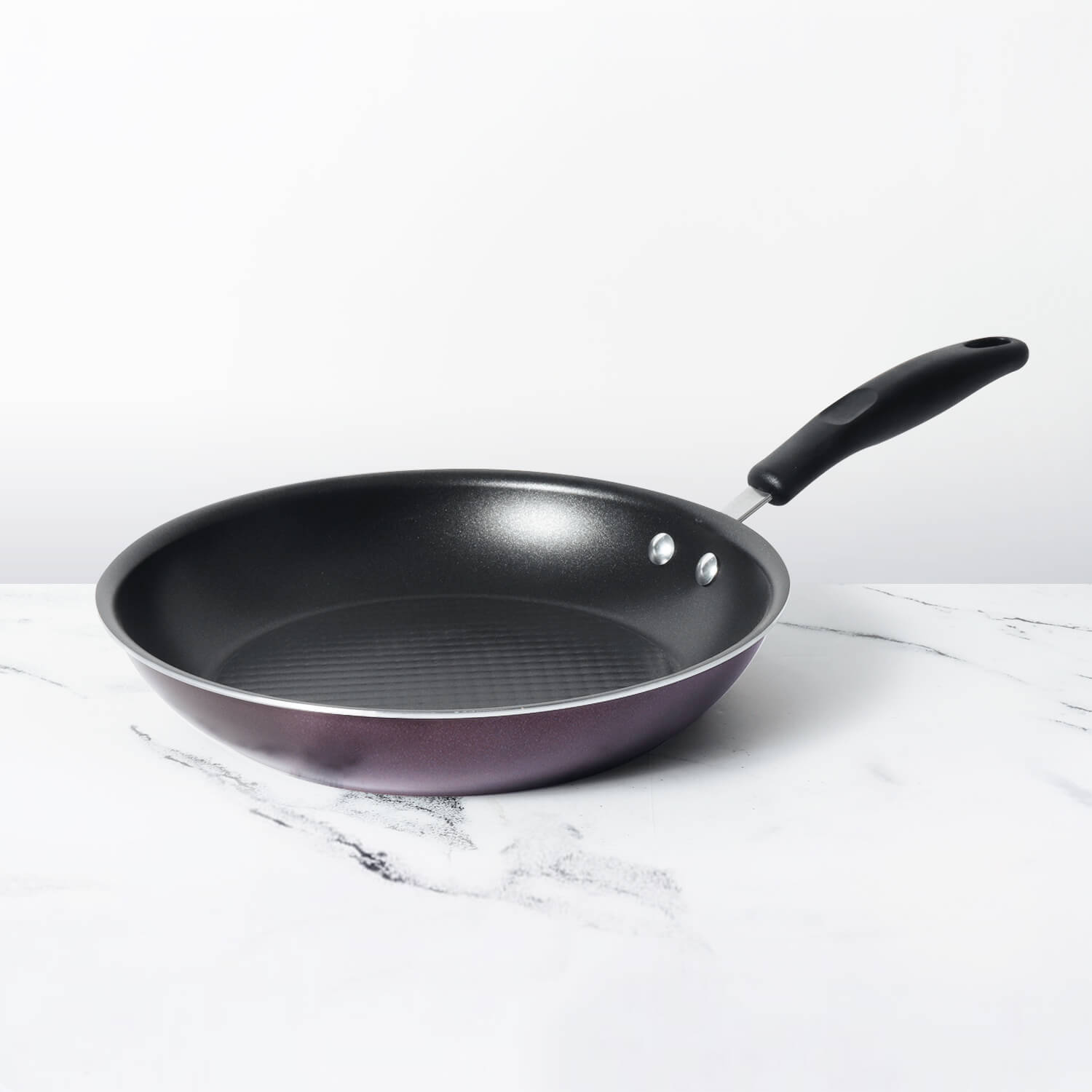Spearmint, also called Mentha spicata, is a type of mint that has a pleasant smell. It is used in health foods, toothpastes, mouthwashes, and beauty products. It is often used in medicine because it is said to be good for you.
Spearmint contains vitamins, antioxidants, and vital nutrients. It has a smell that is a lot like peppermint. It has less menthol than peppermint but more limonene, dihydrocarvone, and cineol than peppermint. The flavour is sweeter than peppermint.
Spearmint has a square stem, just like other herbs in the mint family. It has leaves that are between 5 and 9 centimetres long and between 1.5 and 3 centimetres wide. The leaves end in points that look like spears, which is how it got its name.
Table of Contents
About Spearmint:
- Spearmint, also known as "garden mint," "common mint," "mackerel mint," and "lamb mint," is a powerful herbal remedy with many health benefits, such as boosting the immune system, improving blood flow, balancing hormones, reducing stress, and helping heart problems.
- Spearmint is also called Mentha spicata, and it is a member of the mint family. It is a perennial herbaceous plant that is grown all over Europe, China, India, and most of southern Asia.
- Spearmint is loved all over the world for its unique flavour and aroma when used in different dishes. It is easy to add spearmint to drinks and foods to enjoy its flavour and get a lot of health benefits.
- Spearmint has been used for a long time in Ayurvedic, Unani, and Chinese medicine, among others. Ayurveda says that spearmint tea is very good for treating stomach problems, calming babies' stomachs and colic pain, and treating irritable bowel syndrome, abdominal cramps, and flatulence.
Health Benefits of Spearmint:
- People say spearmint is good for your health, whether you eat it fresh or use it as an essential oil.
- Some people use spearmint to help with nausea, indigestion, gas, headaches, toothaches, cramps, and sore throats.
- It is also put on the skin to help reduce swelling caused by pain in the nerves or muscles.
Difference between spearmint and peppermint:
Both peppermint and spearmint are types of mint that are used in cooking and flavouring in different ways. But they are not the same in some important ways.
- Menthol: Both spearmint and peppermint have menthol, but peppermint has 40 percent more of it than spearmint does. This is what gives peppermint its numbing flavour.
- Spearmint has a more subtle, lighter, and slightly sweet taste. Because it has a lot of menthol, peppermint has a sharper taste that is almost spicy.
- Peppermint and spearmint are both used in food. Even though spearmint has a sweet taste, it is usually used in savoury dishes like pesto sauce, pasta, or as a topping for roasted vegetables. Peppermint is more often used as a flavouring in sweet dishes and desserts, and it goes well with chocolate.
How to use spearmint?
Fresh spearmint leaves have much less menthol than other types of mint, which makes them less pungent and better for cooking and health drinks.
Some serving suggestions are:
- Chopping up the leaves and putting them on food
- Making mint sauce with the leaves
- This herb is often brewed into tea, which can be done with either fresh or dried leaves.
How to make spearmint tea at home?
- The spearmint leaves should be washed and set aside.
- Bring water to a boil in a pot with a thick bottom and then turn off the heat.
- Put the spearmint leaves in the hot water and put the lid on the pot.
- After 3–5 minutes, pour the water that has been soaking into a cup.
- Add the honey and mix it well.
- Add the lemon slice or a bit of lemon juice to the tea, whichever you prefer.
- The tea can be drunk hot or cold, depending on what a person wants, and both ways are good for them.
Health benefits of spearmint:
- Improves the health of lungs
Spearmint is very good for your respiratory health because it has a lot of anti-inflammatory and soothing properties. It helps a sore throat feel better, clears up stuffy noses and chests, and soothes a dry, irritated throat. It is also a good way to treat asthma, bronchitis, sinus problems, and headaches.
- Aids In Digestion
Spearmint tea is a great way to help your body digest food and calm an upset stomach. Carvone, which is the active ingredient, helps stop painful muscle contractions in the digestive tract. It helps your body get more minerals from the food you eat and calms an upset stomach.
Spearmint tea is very good at treating nausea, vomiting, flatulence, abdominal swelling, abdominal cramps, and irritable bowel syndrome when it is drunk regularly.
- Regulates Hormonal Imbalance
If a woman's hormones are out of balance, drinking spearmint tea regularly can help a lot. Several scientific studies say that eating spearmint can effectively lower male hormones like testosterone and raise female hormones like follicle-stimulating hormone (FSH), luteinizing hormone (LH), and oestradiol, which are needed for ovulation.
Spearmint tea's antioxidants and flavonoids can also help with polycystic ovary syndrome, cystic acne, and periods that don't come on time.
- Helps with Hirsutism
Regularly drinking spearmint tea is a great way to treat hirsutism, a condition in which women grow dark, thick hair in places they don't want it, like above the lips, on the chin or jawline, on the chest, or on the back. Most of the time, this is caused by having a lot of testosterone in the body.
If you drink a cup of spearmint tea twice a day for a week, the male hormones will go down and hirsutism will get better.
- Prevents Bacterial Infections
Spearmint is very good for treating mouth sores, bad breath, and dental infections because it has strong antibacterial and antimicrobial properties. It kills the bad bacteria that causes gum infections and treats tooth decay and gingivitis. Spearmint oil is also very important because it stops the growth of different types of bacteria in the body. This makes the body's immune system stronger.
If you drink a cup of spearmint tea every morning, you won't get a cold and won't have the symptoms of a viral fever.
- Boosts memory
Spearmint has been used for centuries as a way to make the brain work better. The leaves have powerful antioxidants and polyphenols that boost brain activity and help the brain make neurotransmitters that improve mood, like serotonin and dopamine. It also helps improve a person's memory, concentration, focus, calmness, and alertness. So, it can be thought of as a brain booster and is very helpful in treating psychotic conditions like depression and insomnia, as well as diseases like Alzheimer's and Parkinson's.
- Relieve Stress
The menthol in spearmint leaves works as a natural way to calm down. The plant makes people feel calmer and less anxious because it is a sedative. When you breathe in spearmint oil vapours or drink spearmint tea, the herb binds to benzodiazepine receptors in the brain. This makes the herb a mild sleep aid and hypnotic. It also makes the body make more serotonin and melatonin, which help with chronic anxiety and stress and treat problems like hysteria, nightmares, and sleeplessness.
- Augments Skin Glow
Spearmint is full of antioxidants that protect the skin from damage caused by free radicals and help with allergic conditions like psoriasis, eczema, acne, sunburn, rosacea, etc. The natural polyphenols and phytochemicals in it also stop ageing signs like wrinkles, fine lines, dark spots, etc. and give the skin a natural glow that is bright and free of flaws.












Leave a comment